
 call us : +8613866722531
call us : +8613866722531
 send a message : pweiping@techemi.com
send a message : pweiping@techemi.com
 call us : +8613866722531
call us : +8613866722531
 send a message : pweiping@techemi.com
send a message : pweiping@techemi.com
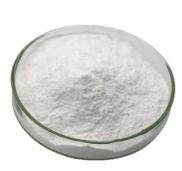
Name: Sodium bicarbonate CAS No.: 144-55-8 Appearance: White powder or opaque monoclinic system fine crystals Molecular formula: CHNaO3 Molecular Weight: 84.01 Melting point:>300 °C(lit.) PACKAGE:25KG/BAG
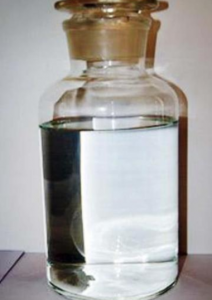
Name: Dichroromethylvinylsilane CAS number: 124-70-9 Molecular formula: C3H6Cl2Si Molecular weight: 141.07 EINECS number: 204-710-3 Mol file: 124-70-9.mol
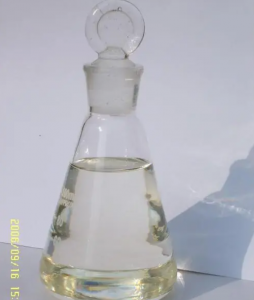
Name: Vinyltrimethylsilane CAS number: 754-05-2 Molecular formula: C5H12Si Molecular weight: 100.23 EINECS number: 212-042-9 Mol file: 754-05-2.mol
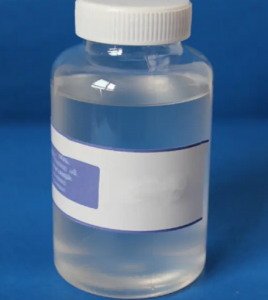
Name: Ethoxydimethylvinylsilane CAS number: 5356-83-2 Molecular formula: C6H14OSi Molecular weight: 130.26 EINECS number: 226-341-7 Mol file: 5356-83-2.mol
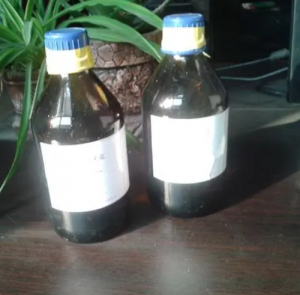
Name: CHLORODIMETHYLPINYLSILANE CAS number: 1719-58-0 Molecular formula: C4H9ClSi Molecular weight: 120.65 EINECS number: 217-007-1 Mol file: 1719-58-0.mol
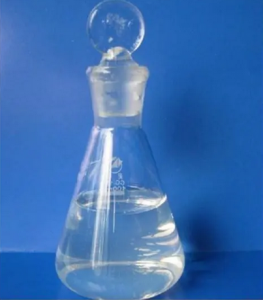
Name: 1,1,3,3-TETRAMETHYL-1,3-DIVINYLDISILAZANE CAS number: 7691-02-3 Molecular formula: C8H19NSi2 Molecular weight: 185.41 EINECS number: 231-701-1 Mol file: 7691-02-3.mol
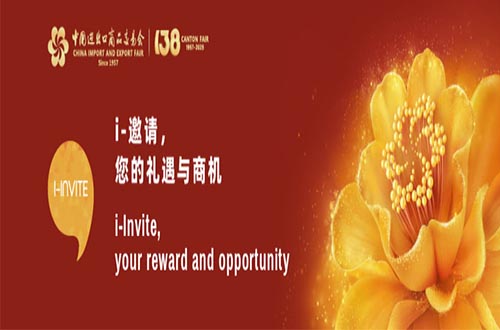
Welcome to 138th China Import and Export Fair Dear Sir or Madam, The 138th Canton Fair is scheduled to open on October 15th, featuring continuous optimization of exhibition structure, various premium ...
A new study published in the Nature journal opens the possibility to accelerate rice breeding to achieve food security for some of the world’s most vulnerable rice farmers.
The groundbreaking research on Genomic variation in 3,010 diverse accessions of Asian cultivated rice maps the largest set of genomic variants for a crop species.
“This information leads to faster and more accurate development of varieties suited to various agricultural environments, especially for unfavorable rice-growing areas where the poorest and most vulnerable farmers reside. Plant breeders can make more intelligent choices in selecting traits for improved varieties that farmers can cultivate, which leads to food and nutrition security, “ says Dr. Jacqueline Hughes, International Rice Research Institute Deputy Director General for Research. “This is how advancements in rice science can impact the lives of millions of farmers and consumers,” she added.
A collaboration among IRRI, the Institute of Crop Sciences of the Chinese Academy of Agricultural Sciences (CAAS), BGI-Shenzhen, and 13 other partner institutions, the research will enable scientists to discover new gene variants and characterize known genes for important traits, such as the natural ability of a particular variety to resist diseases and withstand floods, drought, and salty water. Additionally, molecular breeders could use the genetic markers to select rice plants that are more likely to carry a desired trait before they are planted in the field.
“What could previously take up to 40 years from trait discovery to varietal development can now only take just a few years,” says Dr. Ruaraidh Sackville Hamilton, IRRI principal scientist and head of the International Rice Genebank at IRRI.
“In addition, we are also able to make the breeding process more efficient and precise, being more responsive in delivering varieties with traits that can adapt to the increasingly complex production environment, reduce environmental impact, produce higher yield with less resources, and the changing needs and demands of consumers,” Dr. Hamilton added.
This recent research revealed that, among the 3,000 rice genomes, there are significant variations in gene content and immense sequence variation. Researchers identified more than 10,000 new rice genes and over 29 million simple variations throughout the genome. Additionally, within the two major rice variety groups, the analysis revealed the existence of previously unreported populations that are unique to specific geographic origins.
Other evidence revealed that Asian rice was domesticated multiple times thousands of years ago.
According to Dr. Kenneth McNally, IRRI senior scientist, this is the largest set of genomic variants discovered for a crop species that is freely and publicly available for plant breeders and scientists across the world. It already serves as material for training a new generation of plant biologists.
Dr. Zhikang Li, a collaborating scientist from CAAS, reported that the research results have ushered in a “new era of genome- and information-based breeding.” He added that it has been a vital and extensive resource for CAAS scientists as they work on large-scale trait discovery and allelic mining, identifying parents for breeding programs, and establishing a comprehensive genome-based trait database for future rice improvement.
According to Dr. Hei Leung, IRRI principal scientist and geneticist, there is still considerable work to be done to discover and understand other rice genomic variations in the collection of the International Rice Genebank at IRRI and other collections around the world.
“Next, we will explore the largely untapped diversity in wild rice species. This will greatly aid in defining genotype-phenotype relationships as well as improving our understanding of plant biology. To achieve this goal, we must continue the spirit of providing access to new information to the global community.” said Dr. Hei Leung.
Anhui Sinotech Industrial Co.,Ltd is a professional supplier of Fertilizer,the main products are vegetable fertilizer,corn fertilizer,Chemical Bactericide,etc.
 online service
online service +8613866722531
+8613866722531 pweiping@techemi.com
pweiping@techemi.com pweiping
pweiping +8613866722531
+8613866722531